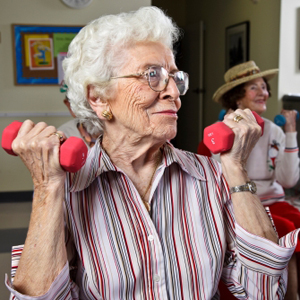I told myself I was crazy to do this again. After all, I’d proven that I could do it, so why did I feel the need to run the Big Sur Half Marathon for a second time? At least when clients tried to give me the excuses of “I’m too old.” “I just can’t do what I did when I was young
Koupit Doxycyklin v Praze
,” I have set an example that even at 60 and not a great runner, I did the Big Sur Half Marathon–twice.
I did not go in to the race this year with the same confidence as I did last year. I didn’t feel like I trained nearly as hard, even though I was running faster. My head just wasn’t in it. I really thought about bowing out this year. My daughter wasn’t going to be running it, so I was on my own. Quitting seemed like a viable option in the short term, so why didn’t I quit? I knew if I quit, I would be letting down the people who were rooting for me and believed in me, but most of all, I knew I would be letting myself down. Quitting when the going gets tough can become a habit I didn’t want to fall into. How could I encourage other women to be warriors if I was a wimp?
The morning of the race, I dragged myself out of bed and headed down to the starting line before the sun even came up. I was thinking, “I don’t know if I can do this,” but I kept giving myself a pep talk to just give it my best no matter what the outcome. Heading to the starting corrals, the adrenaline was infectious. The sun was coming up and it was turning out to be a gorgeous day. I made up my mind to enjoy the beautiful day and breathtaking scenery.
By the time I got to the starting line, I was feeling pretty good. Coming up to mile one, I wondered why I was out of breath, then realized I was running faster then my best runs. I got into my rhythm and started enjoying myself. The hills didn’t seem nearly as bad as I’d built them up in my mind to be. Last year I felt like I was going to die going up some of the elevations, but this year I felt really good! I crossed the finish line and realized I’d knocked off almost ten minutes from last year’s time.
It would have been easy to quit, and I seriously thought about it. If I had, I would have missed out on the sense of accomplishment crossing that finish line gave me. When things are tough and look impossible, that’s the time to give it your best and not worry about the outcome. After all, if you’ve done your best, that’s all anyone can expect and reason to celebrate.
I shudder to think what the psychological effect would have been had I quit. I would have felt like a total wimp. What is the difference between a wimp and a warrior? Perseverance! A warrior doesn’t give up when the going gets tough. A warrior understands that you can’t fail unless you give up. No matter what challenges are ahead of you, as long as you don’t give up, you’re a warrior. To other people, my time for the race would seem ridiculously slow, but I did the best for me, and that’s all that counted. Comparing yourself to other’s accomplishments is self defeating. To be a warrior, just do your best and stick it out to the end.









